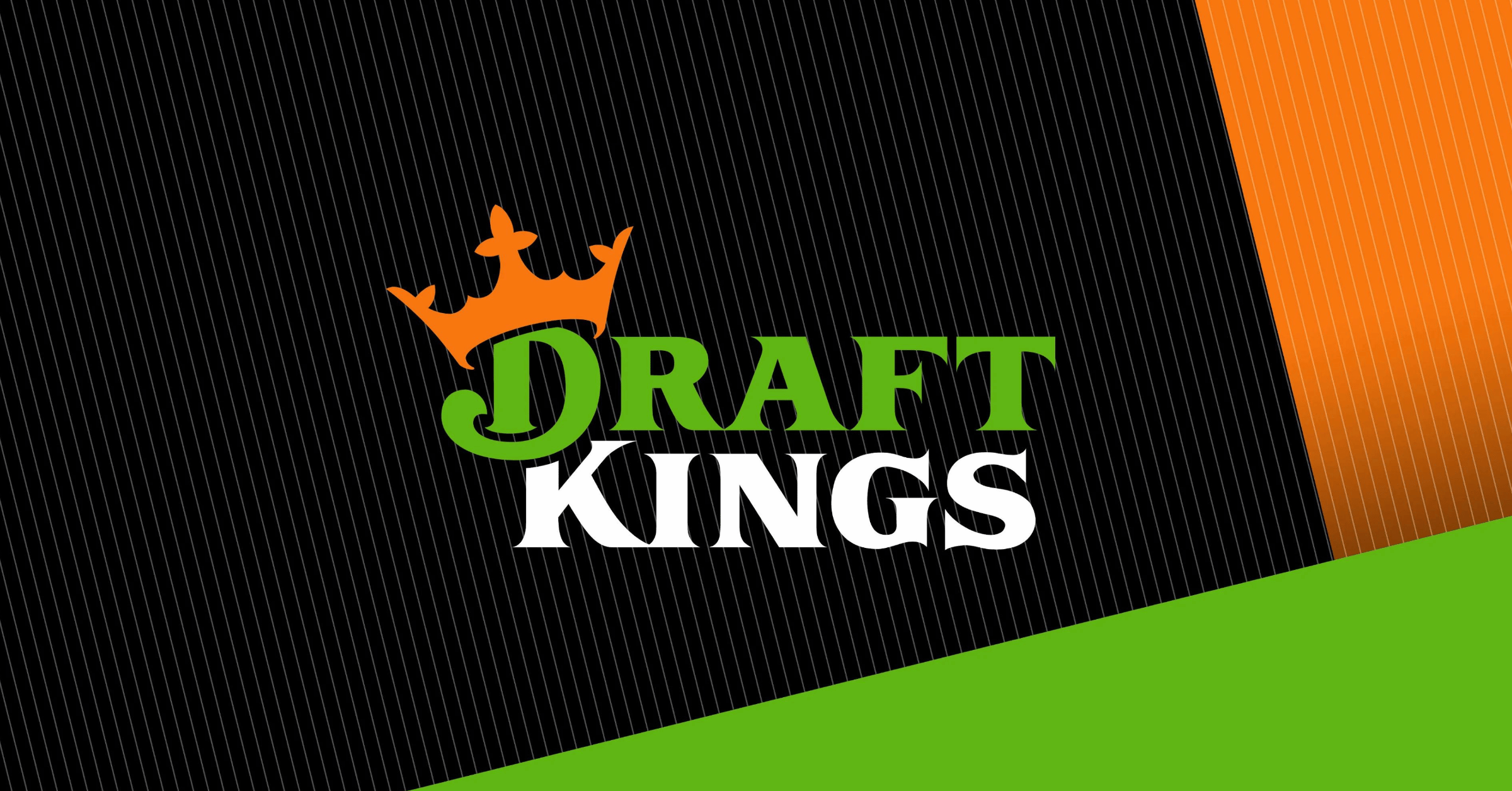In the face of the NFL Players Association lawsuit, DraftKings, which has "retreated from the market," surprisingly admits that NFTs are securities?
Author: Zen, PANews
Recently, the National Football League Players Association (NFLPA) accused digital sports entertainment and gaming company DraftKings of evading its payment obligations under the NFT player licensing agreement. After abandoning its NFT business, DraftKings, which is already facing a class-action lawsuit for allegedly selling unregistered securities, has found itself embroiled in another legal battle.
Interestingly, in the dispute with the NFLPA, DraftKings' stance seems to have shifted from rebuttal to actively acknowledging that "NFTs are indeed securities."
Abandoning the NFT Business: Motion to Dismiss Class Action Denied
At the end of July this year, DraftKings informed users in an email: "After careful consideration, DraftKings has decided to terminate Reignmakers and our NFT marketplace, effective immediately. This decision was not made lightly, and we believe it is the right course of action."
DraftKings' NFT marketplace was launched in August 2021, and the company's co-founder Matt Kalish revealed that part of the motivation for launching the NFT business came from the enthusiastic reception of the NBA Top Shot NFT series at that time. With a ready-made success story, DraftKings chose to "follow the template," securing licenses from the NFL, the top of the four major professional sports leagues in North America, as well as other top athletes, to provide users with digital collectibles themed around these athletes based on the Polygon blockchain.
During the peak of the NFT craze, DraftKings' NFT strategy quickly achieved great success. Its platform released 116 NFT collectibles over approximately six months, generating total sales revenue of $44 million, with the first batch of Tom Brady-themed NFTs selling out immediately upon launch.

However, as the hype faded, DraftKings, like other NFT platforms, began to face legal troubles. In March 2023, DraftKings was hit with a class-action lawsuit claiming that DraftKings NFTs constituted investment contracts and should therefore be regulated as securities under federal law. DraftKings argued that its NFTs were not securities and attempted to dismiss the case, filing a motion to dismiss the class action. On July 2 of this year, a federal judge in Massachusetts denied DraftKings' motion. In a 24-page ruling, the court pointed out that the plaintiffs had sufficient grounds to allege that DraftKings NFTs met the legal definition of an investment contract under the Supreme Court's Howey test.
The court also distinguished this case from that of NBA Top Shot developer Dapper Labs, noting that DraftKings had actually created a functioning fantasy sports game through its Reignmakers product. However, since Reignmakers was launched months after the initial sale of NFTs, this did not negate the reasonable allegations of investment intent.
DraftKings' Delicate Position: Should NFTs Be Considered Securities?
After deciding to abandon its NFT business, DraftKings also chose not to fulfill its agreement with the NFLPA, informing the latter that it would cease payments as of July 30. In response, the NFLPA immediately filed a lawsuit seeking compensation for "anticipated breach." The lawsuit also highlighted that the total compensation for the company's five executives since 2021 amounted to $261 million, which is about four times the compensation owed to NFLPA licensors. After calculations, the NFLPA sought approximately $65 million from DraftKings.
In canceling the agreement, DraftKings emphasized a clause in the contract that allowed for termination "in the event that a government, regulatory, or judicial authority 'determines' that NFTs constitute 'securities'." DraftKings believes that the denial of its motion by the Massachusetts District Court is evidence of this occurrence.
On the other hand, the NFLPA stated that the court's ruling did not determine that NFTs are securities, with its lawyer pointing out: "The motivation behind DraftKings' decision to refuse to continue fulfilling the licensing agreement with the NFLPA is simple: the once-booming NFT market has cooled down." He further added, "Despite DraftKings' best efforts to obfuscate, this case is ultimately very straightforward. DraftKings cannot commercialize and profit from its licensed intellectual property, which does not excuse its failure to fulfill its obligations; DraftKings must pay the appropriate fees."

The Flow blockchain and NBA Top Shot developer Dapper Labs were sued in 2021 for allegedly selling NFTs as unregistered securities. After a lengthy litigation process, they reached a settlement with the plaintiffs, paying $4 million, and the plaintiffs waived their rights to claim that Top Shot NFTs are securities in the future.
However, there remains considerable debate over whether NFTs are indeed unregistered securities. Recently, the NFT marketplace OpenSea received a Wells notice from the U.S. SEC, which believes that the NFTs on the platform may fall under the category of securities, threatening to sue OpenSea. OpenSea contends that NFTs are essentially creative goods and should not be regulated under securities laws. It has pledged $5 million to help NFT creators and developers who receive Wells notices cover legal fees and vowed to defend the interests of the industry.
For DraftKings, which has exited the NFT industry, acknowledging that NFTs are unregistered securities and learning from its "template," NBA Top Shot, to provide some compensation to the class-action plaintiffs may be a more cost-effective approach than paying millions to the NFLPA. The class-action lawsuit against DraftKings is now entering the investigation phase, and its outcome could set a precedent for whether NFTs are ultimately considered securities and impact future litigation.










